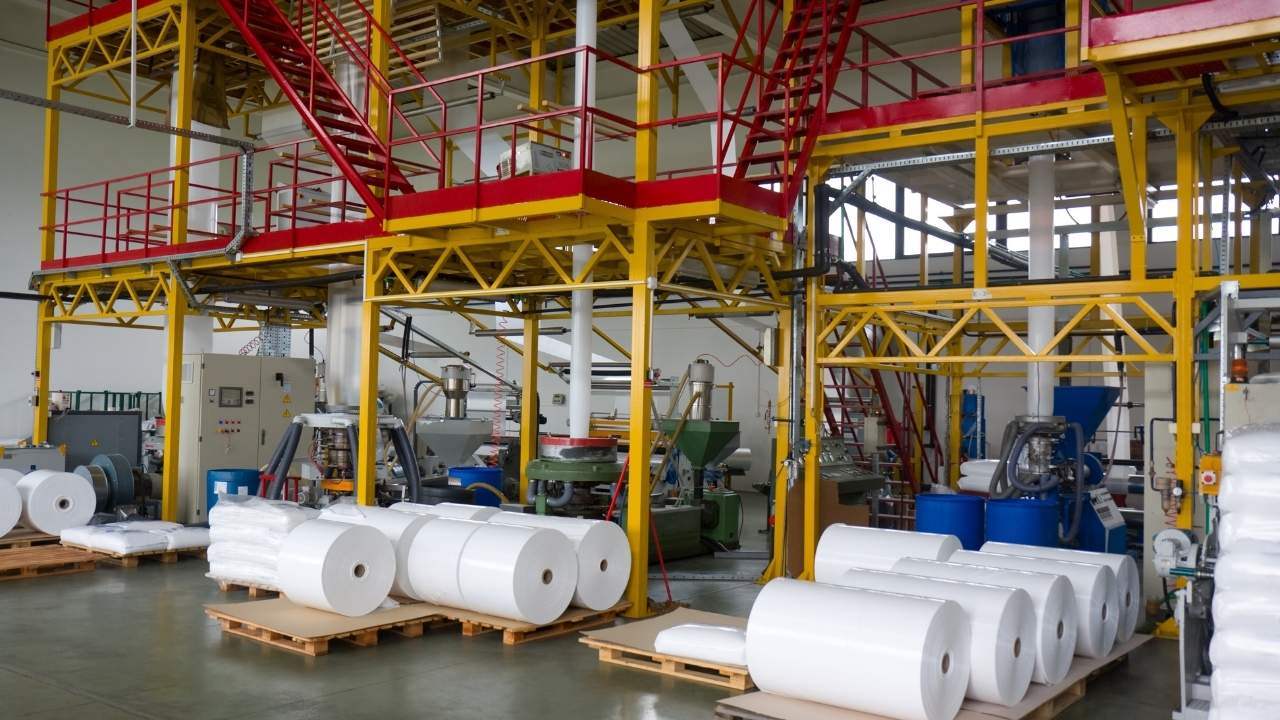What Exactly is Multichannel Retailing?
Multichannel retailing is a selling strategy in which a company will sell products and services to a wide range of customers on multiple sales channels. Some of these channels include: websites, e-commerce storefronts, online marketplaces (like Amazon and eBay), direct-mail, email, phone, mobile—you get the idea. As a result, these businesses are able to increase sales and reach due to broader access to their customer base.
[widget id=”custom_html-34″]
Multichannel Retail and the Connected Economy
The new business reality is that we live in a “connected economy.” As a result, only tech-enabled companies will survive in the 21st century. Embracing the connected business model comes with big rewards. Connecting with suppliers and customers alike allows for modern businesses to exploit the flow of information to their benefit. Consequently, businesses that choose to automate and connect are able to drive down costs, and increase profits. Additionally, if you considering expanding and becoming a multichannel retailer, adopting modern technology will not only allow this, but take you one step closer to becoming an omni-channel retailer.
Omni-channel retailing is slightly different than multichannel. First of all, multichannel retailers sell on multiple channels, but the channels themselves are not integrated. As a result, there are silos of information for each pool of channel customers. These silos include, inventory levels, shipping and receiving information, customer data, invoices, etc. The culprit? The software businesses are running on.
In the past decade, advanced technology for SMBs has been either been too expensive, or not capable enough. As a result, only large businesses were able to adopt and benefit from the connected economy business model. However, with the emergence of software companies, like VErsa Cloud ERP, SMBs are standing a fighting chance. In fact, Versa Cloud ERP is not only enabling small and medium sized businesses to compete like large companies, they are offering capabilities that even the big guys don’t have.
[widget id=”custom_html-35″]
How Have Customer Expectations Changed?
Because many large businesses have embraced the “connected economy,” customer expectations over-all have dramatically increased. Customers want competitive prices, a vast product and service selection, a consistent customer experience (CX), and fast delivery. And when they don’t get the service they expect, they will take their business elsewhere.
Consumers assume SMBs are all multichannel or omni-channel retailers. As a result, businesses are trying to pick up the pace in adopting multichannel and omni-channel strategies to meet this new expectation. Consequently, SMBs are “making do” with a Frankenstein-type business solution consistent of an incapable core accounting system and various add-ons. Unfortunately, those types of solutions most often fail, leaving businesses worse off than they started.
[widget id=”custom_html-36″]
Challenges this Poses for SMBs
The biggest challenge for many SMBs to become multichannel or omni-channel retailers is adopting modern software and migrating quickly. Traditional ERP systems are archaic, inefficient, and expensive. Not only do you need to pay hundreds of thousands of dollars for the software, you’ll also need to pay for ongoing support, and a costly consultant to do the implementation. If something breaks, you pay. If something need updating, you pay. The unfortunate truth is: on premise ERP solutions are dead, and you are being sold expensive zombie-like software.
The solution? Cloud ERP built on modern technology.
Cloud solutions are overtaking on premise for a few reasons. Firstly, installing a cloud solution is done remotely and doesn’t require additional hardware. As a result, by choosing a SaaS cloud ERP provider businesses are savings both time and money. The overall cost of the system is more affordable, and their solutions are up and running faster—in as few as four weeks!
Secondly, cloud solutions are more capable than on premise because they are built on modern technology—and compatible with other modern software. This compatibility is key in the connected economy. Customizing and integrating your software is often necessary, and companies like Versa Cloud ERP will perform this in house—no need to get a 3rd party software constant. As a result, the software provider is taking responsibility for the customer, and not passing them off to a contractor.
We hope you enjoyed reading a customer expectations in the multichannel world. For more information on ways of using modern technology to help your business grow with Versa Cloud ERP, check out our new eBook. In it you’ll learn six hard questions that every business owner should be asking themselves and how to compete in the Age of Amazon.
[widget id=”custom_html-33″]







